In my previous post, I argued that as a pagan figure, Pan manifests an Edwardian desire to re-enchant England as a critique of the British Empire while also remaining intellectually
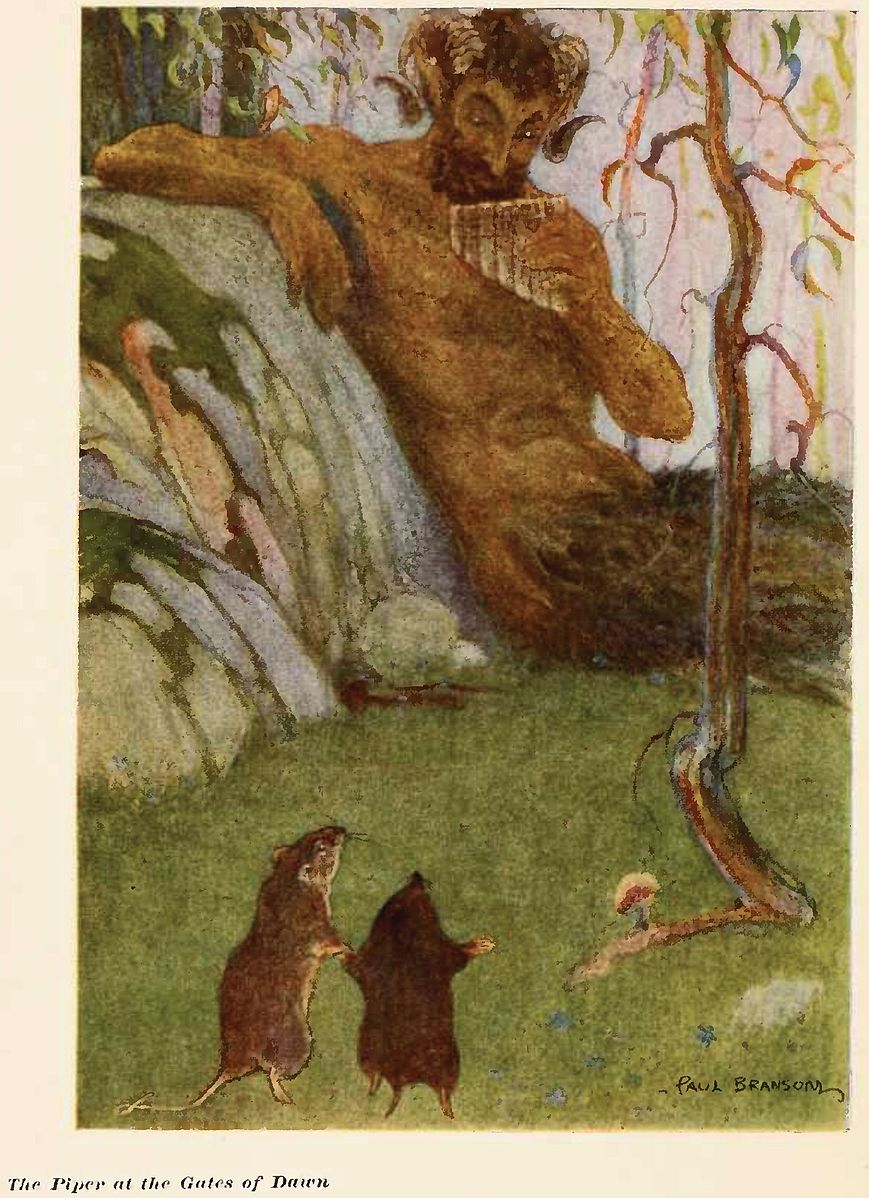

CRITICAL THEORY | SOCIAL ANALYSIS | POLITICAL PHILOSOPHY AND THEOLOGY

In my previous post, I argued that as a pagan figure, Pan manifests an Edwardian desire to re-enchant England as a critique of the British Empire while also remaining intellectually
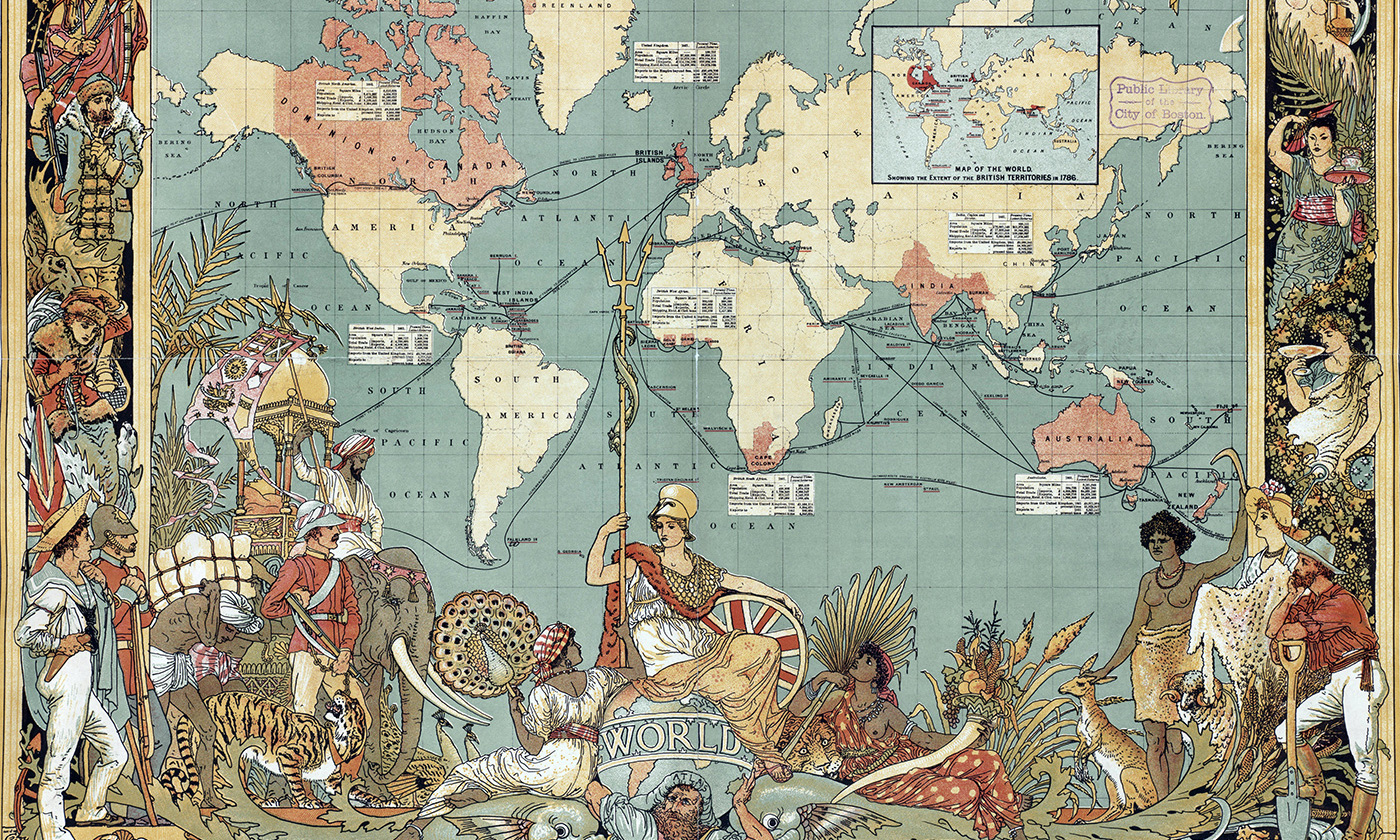
In my previous post, I explored the distinction between the state of exception and Maurice Blanchot’s opening remarks from The Writing of the Disaster. I ended pondering some of Blanchot’s
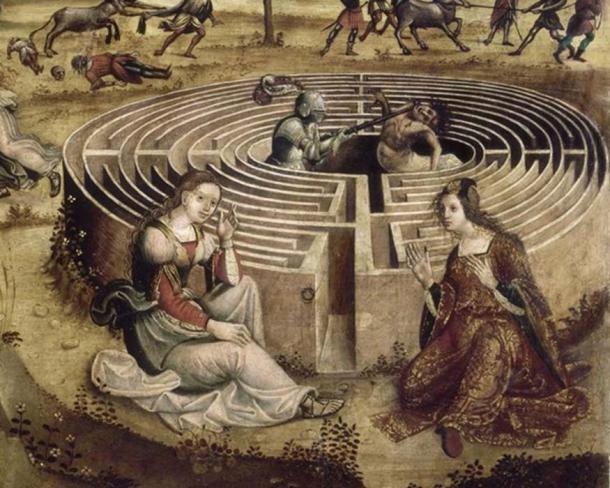
In my previous post, I took a turn from direct analysis of Dialectic of Enlightenment to engage with David Scott’s writing on tragic disposition in Conscripts of Modernity. I then focused
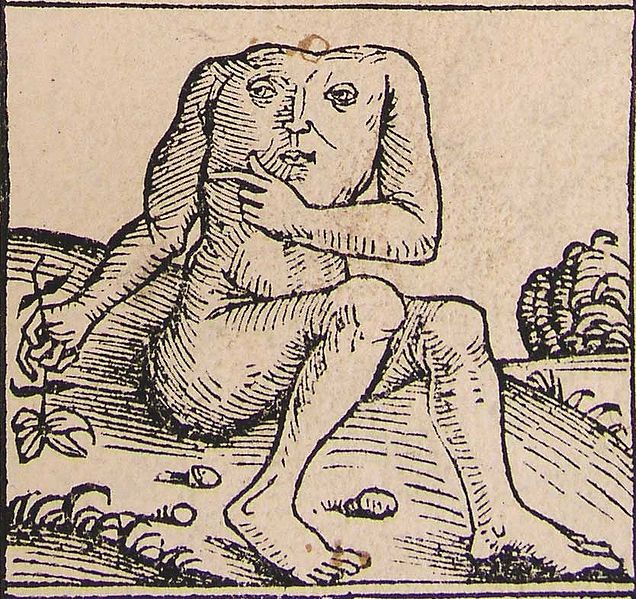
I ended my first post in this series considering David Scott’s description of the tragic disposition as an obligated action in a world where values are “unstable and ambiguous.” I

I am often perplexed, sometimes disturbed, and generally intrigued by the use of Literature in philosophical arguments. While there is a robust tradition of Marxian-influenced material critique within Cultural Studies,

In this post, I argue that postmodern writer, Raymond Federman’s reluctant commitment to text, his necessity to return to and interrupt narrative and to make text, emphasizing its artificial nature,
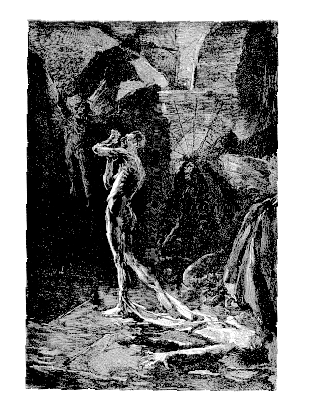
Yesterday, an article by Josh Katz and Margot Sanger-Katz in The New York Times drew attention once again to an opioid abuse epidemic in the United States. As they write, the 2017
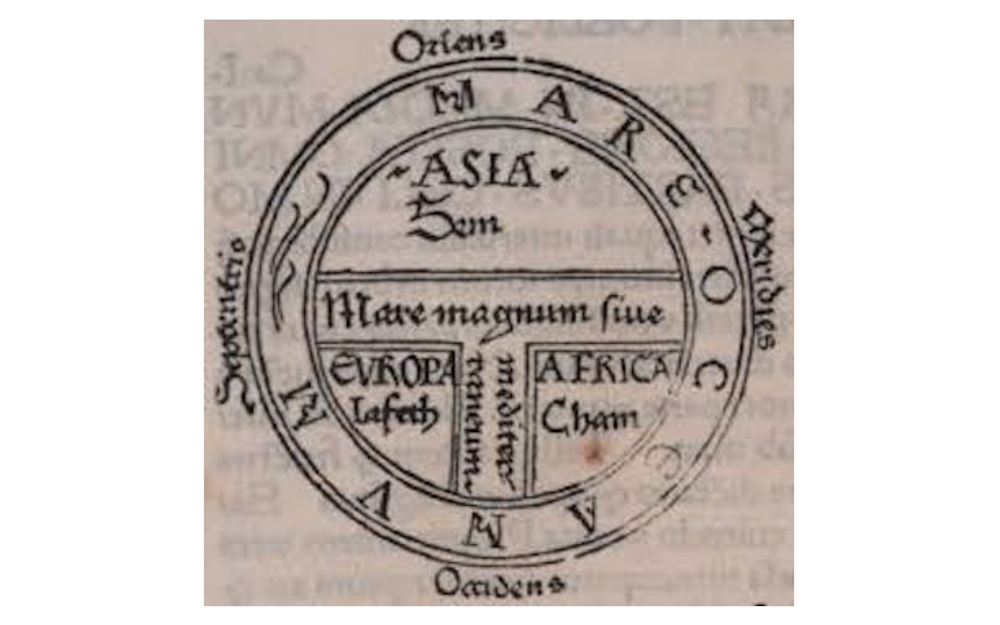
A variety of competing descriptions of ‘whiteness’ making up racist retreats to Romantic imaginaries of Anglo-Saxon identity go at least as far back as Thomas Jefferson. Jefferson had imagined himself